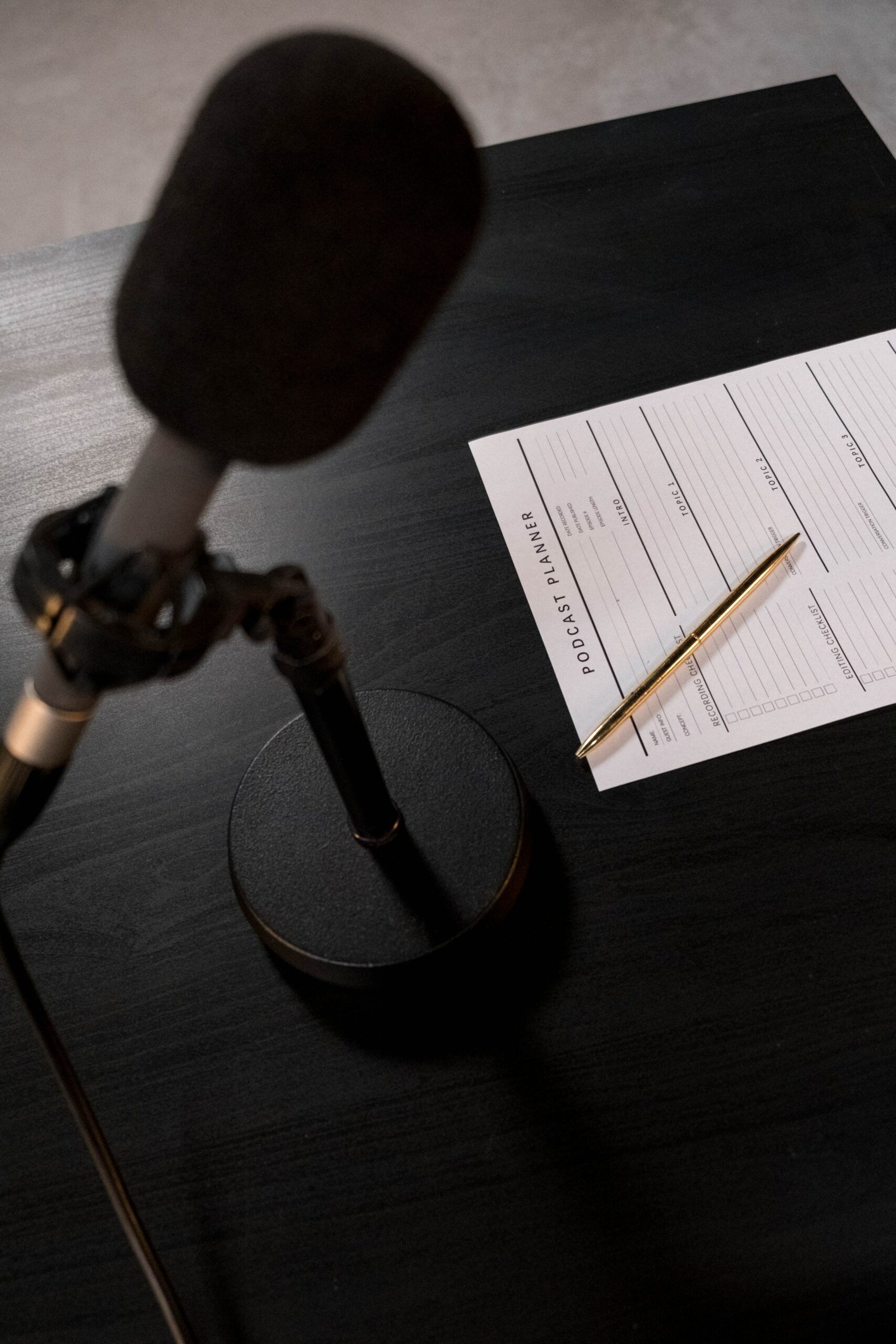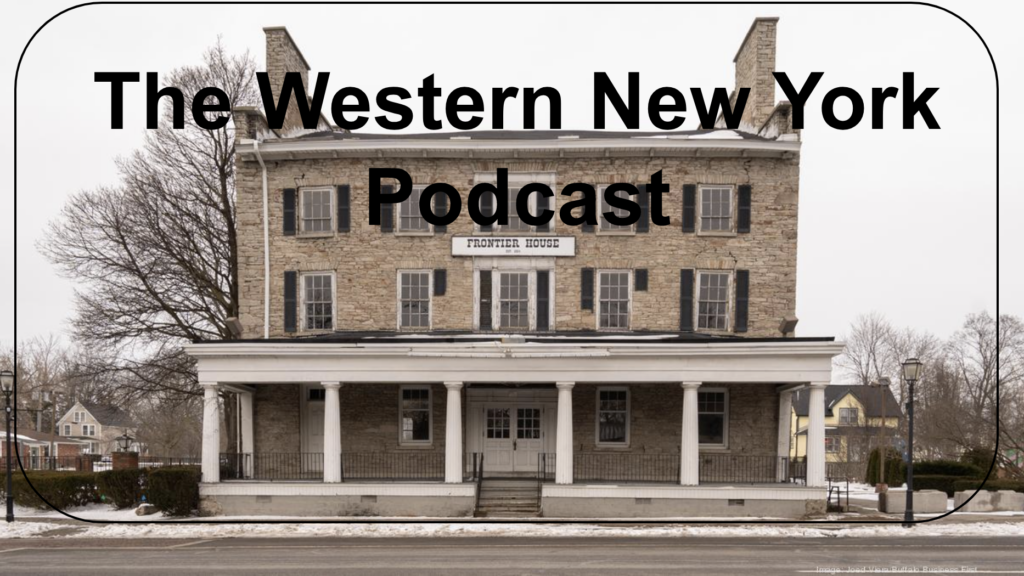Blog post and podcast by Alexis Walker
My podcast was first conceived when I decided I wanted to focus on women in history. The purpose of the podcast would be to teach young women just how powerful women have always been in history in order to spark a passion for change towards greater equality. As a young woman, I understand that for much of regular education women are painted as pawns of history with men being the main protagonists. I would like to use my passion for women’s history to change that and teach women that we are not pawns but our own main characters and have the ability to influence and change history. I love learning and reframing history to be more inclusive of women’s roles in major historical events. We all can easily name great men in history but naming more than a few women is impossible for most. However at every historical event or process there were women present who influenced and enacted history as we know it. I have learned about so many strong and influential women and I wanted to share this information with others.

Tagline: The important women you didn’t know who made history
Title: Woman’s secret roles in history
Podcast Topic: Women’s influence and roles in history
Titles and descriptions of your two sample episodes:
Episode 1: Mongol queens. This episode discusses Genghis Khan’s progressive ideas about women and his usage of them to successfully run his empire. Specifically, it discusses his daughters Alaqai, Al-Altun, Checheyigen, and Tolai and four more queens of the empire who ruled after his death Toregene, Oghul-Qaimish, Sorqoqtani Beki and Orghina Khatun.
Episode 2: La Malinche. The episode describes the Spanish conquest of Mexico and follows the rumors and stories of La Malinche during that time. It describes how went from another native slave to one of the most powerful women in Latin America and was later demonized as an ethnic traitor.
Topic Ideas for an additional eight episodes: (this question forces you to conceptualize the podcast beyond what you’re producing for the class. At the same time, you’re not actually producing these episodes so have fun with it!)
Sally Rand the exotic bubble dancer of the 1933 World Fair
Annie Oliver the creator of the National De Saible Memorial Society
Rachael Pringle Polygreen the woman behind Crealeana
Mrs. Mortan Riggs a biracial American woman subjected to the Chinese exclusion laws at the turn of the 20th century
Jane Bolin America’s first African American female judge
Walatta Petros resisting the Jesuit forced conversions in Ethiopia
Xue Shaohui and reform in the Qing dynasty
Rigoberta Menchu and Latin American female activism
Format & Rationale: (long-form? short-form? random and episodic or does each episode build on the last? one host? two hosts? guests? Biographical? serious interviews? casual, chatty interviews? Critical reviews of historical works? I would want the podcast to be a serious weekly podcast with unlimited possible subjects/episodes. It will be middle length 15-30 minutes depending on the subject and I would like each episode to stand independently so that new listeners can begin at any point.
POV/Approach/Style/Voice & Rationale: (From the POV of a novice? From the POV of an expert? Historiographical? Social-justice-oriented? Storytelling-oriented? Serious and scripted narration? Casual and conversational?) The POV will be from an informed novice. That is to say I have researched each subject with the skill level of a historical graduate student but will not claim to be an expert of each subject. It will be a scripted narration that will tell the biography of the subjects and also discuss the historical conversations around them.
Episode Frequency & Rationale: (weekly? monthly? daily? organized into series or not? Is this a limited series? e.g. Biographies of all the Kings of Bohemia or a podcast whose topics are theoretically unlimited? e.g. Asian history or maritime history) It will be an unlimited weekly series.
About the Host: What will you tell your audience about yourself? Describe your public persona. What is it about your passions and/or experiences that makes you a viable founder/host for this podcast? How does your identity shape the kind of podcast you can create? I will tell the audience of my education and experiences as a Latina woman in a Caucasian male dominated field. I am a history major who is about to complete my master’s degree in history and am therefore well acquainted with both research and deficits in the general teaching of history. My persona will be that of my professional academic side because I want the podcast to be taken seriously and not downgraded to a joke or gimmick. My identity makes me feel strongly about the subjects I will be discussing and also allows me to present a strong female perspective on the subjects.
Target Audience: Who are you targeting as potential listeners? Is there more than one intended audience? Be specific, very specific (i.e. no “people who like ______topic of your podcast___” Most podcasts on female subjects are very gimmicky. I want a more professional podcast to show young women and girls that females in history are not a joke or a minority but have always been powerful and influential. I want to empower and inspire young women to be the change they are looking for. I also want listeners to realize the gaps in their historical knowledge and perhaps have them rethink how they thought of the generalized Eurocentric narrative of history.
Explain why your podcast topic, format, POV/style, episode frequency, and host identity are attractive to your target audience (e.g. A short-form daily podcast that gives quick tips to real estate agents works so well because they can listen on their way to show properties) The reason for the length of my podcast is it is ideal for busy people who are cleaning or driving or otherwise preoccupied and do not have an hour to listen to a podcast. I chose to make the episodes independent of one another so that the listener does not feel the need to catch up with the current episode and if a subject or title catches their eye they can begin listening immediately. My identity as a young Latina woman makes me more aware of silences in the archives and historiography that I can point out and adapt to the youth. I am also aware of the feelings of younger people who feel left out of historical discussion and can present the information in a new way for them.
Describe two ways you will reach your target demographic (e.g. If you are doing a podcast about teaching, you’d target teachers by promoting your pod on an email list subscribed to by teachers). I would begin by posting on social media outlets such as tiktok and Facebook where my demographic likely spends a lot of their time. Tiktok would be especially helpful since the algorithm already connects people with similar interests and my announcement would reach the demographic I am aiming for. I could also get into contact with colleges and have them mention my podcast on their weekly news updates.
How will you develop a sense of community and belonging among your listeners? I would remind listeners why I created the podcast and its purpose in each episode so that they can feel as part of the change to the problem of women being neglected in history through their gained understanding.
What kinds of folks do you anticipate will object to or dislike your podcast? I think more conservative males would dislike the podcast since my purpose is to call on the injustice of leaving women out of history. Also, those who prefer classical historical interpretations may be surprised by some of my opinions and focus. I do not plan to hide my dislike for some historical characters who are often held in high regard by other historians.
What are some ways you can market your podcast to steer away folks who expect something different and will be disappointed? (All pods have hate-listeners but it helps to be clear to others what you are and what you aren’t so that they can make an informed choice about whether you are for them without having to listen to lots of episodes) I plan to be up front with my introduction so that the purpose and tone of my podcast is understood. Anyone is welcome to listen however since I feel that even hate listeners are still bringing attention to my topics and podcast.
Why is your podcast needed? What does it DO for people? Your intended audience? The discipline of history? The general public? A special group? For this you will need to do some “market research” by looking at what podcasts are available on Apple Podcast, Stitcher, Spotify, whichever pod platform you prefer to explore) This is a feminist podcast. The purpose of the podcast would be to teach people just how powerful women have always been in history in order to spark a passion for change towards greater equality. Part of this podcast would be to highlight minority women whenever possible since they are often doubly silenced through their sex and appearance. As a young Hispanic woman, I understand that for much of general education women, especially minorities, are painted as pawns of history with men, usually of European descent, being the main protagonists. I would like to use my passion for women’s history to change that and teach that we are not pawns but our own main characters and have the ability to influence and change history. The podcasts I found on women thus far are either too long and likely not being listened to for their length or too short and uninformative because of it. Also, they tend to focus on white protagonists or women people are already vaguely familiar with. I want to speak for the women that only historians interested in women actually know about and make them more commonly known.
How many podcasts currently exist that are similar to yours? Name them. There are several podcasts as well as shows that inspired me. One Is “Badass women of History” and another is “The history of Royal Women”. These podcasts are interesting on their own but do not treat women as a part of history that have always been influential but rather select a few outstanding women. Also, they focus primarily on European women and I would like to describe stories of women from all backgrounds, races, and ethnicities.
Browse some of their reviews on Apple Podcast or other pod platform. What do people like or dislike about podcasts similar to yours? It seems that the listeners of similar podcasts genuinely enjoy the content. Ironically a largely common complaint is a lack of similar podcasts or there being too little episodes of a podcast. Also, there are complaints about technical issues which I assume would happen to me initially as I learned the best way to podcast and edit.
How do you anticipate that your podcast would fare if the same folks were reviewing your podcast? I think my podcast would fare similarly. If my demographic were listening, they would enjoy the content but perhaps complain about the frequency of episodes since most people are probably not aware how time-consuming and difficult research can be. Also, I might receive some complaints about technical quality since I am still a novice at creating and editing podcasts.
Are there any perceived holes or silences within your podcast’s subcategory that seem like they need to be filled? Yes, women of color seem largely underrepresented as well as women who are not nobles. I plan to focus on both of these silences with my podcast as well as other societal issues that impacted these women such as racism, classicism, and sexism.
How does your podcast address a silence or hole in the genre OR what does your podcast do differently than others that are similar? My podcast targets obscure women of color who generally are not nobles or already famous and fills this silence. I of course cannot completely fill this silence in the genre, but I hope my podcast sparks enough interest that others will join me on my quest.
What auxiliary components would you launch alongside the podcast? (e.g. website, blog, bibliography, show notes, transcripts, Facebook groups, social media) I would launch a website with links to my research so that listeners could find more in-depth information about the subjects if they want to. I would also add pictures of the subjects or from the time-period if possible. I would also post transcripts of episodes so that people who are hard of hearing or otherwise cannot listen to the episode would still be able to gain the information.
Explore the auxiliary components created by other podcasts. Feel free to use the podcasts you explored in the first two weeks of the course for this part of the assignment. What kinds of add-ons do they have? Other podcasts tend to have their own websites. They usually have sources and sometimes transcripts or fun media linked to the websites.
Which auxiliary components would best suit your podcast and your target audience? Why? How might you make your podcast more accessible for people with disabilities or some other disadvantage that prevents them from accessing your content readily? I think a website with source links and transcripts would best suit my audience because it would give them the most access to the material. It might spark further research for them or even help with school assignments. I would love it if my work ended up being the subject of a high school research paper because it would then spread my message even further and allow me to impact young women in a significant way. These auxiliary components would serve to back my assertions so that listeners are aware of the accuracy of the information as well as helping with inclusivity so that deaf or hard of hearing people would have access to my podcasts also.
Describe some of the feedback you received in your peer reviewers and what you did to address these criticisms: My peers suggested I list the names of my subject in the beginning of the podcast so that the listener isn’t surprised and to add more transitions in my work. I did both. It was also suggested to me to revise my tagline which I did to make it more descriptive. Certain sentences were reworded due to their suggestions. Finally, it was suggested I add my credentials into the podcast so that the listener is aware of my education status which I also implemented.Describe some of the feedback you received from the instructor and what you did to address those criticisms: I was told to make my paragraphs shorter so that while reading I would have better inflection and to also add a specific introduction and outro to make the podcast move more smoothly. I did both. Also , it was requested I expand some of my answers, so I went through my plan and did so.



